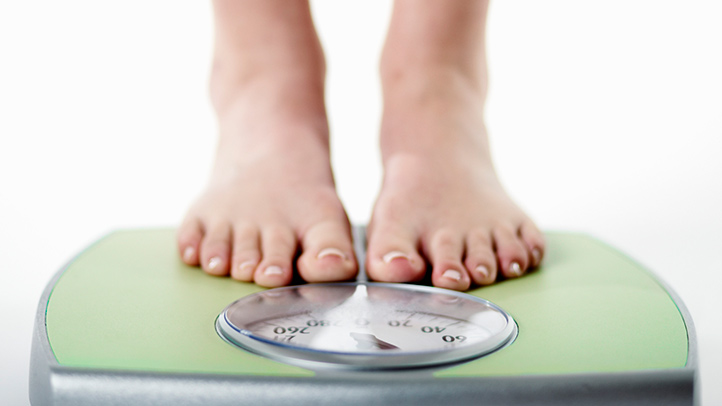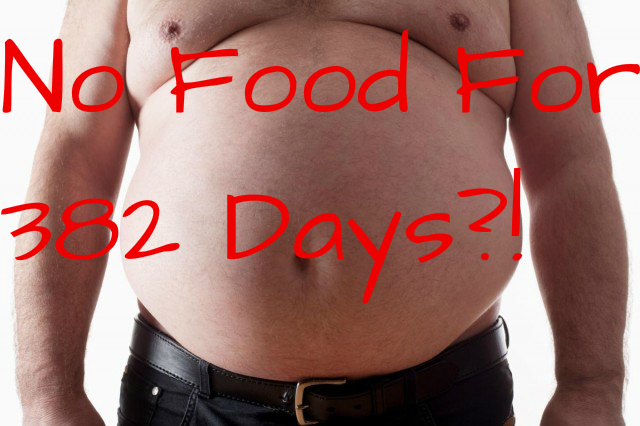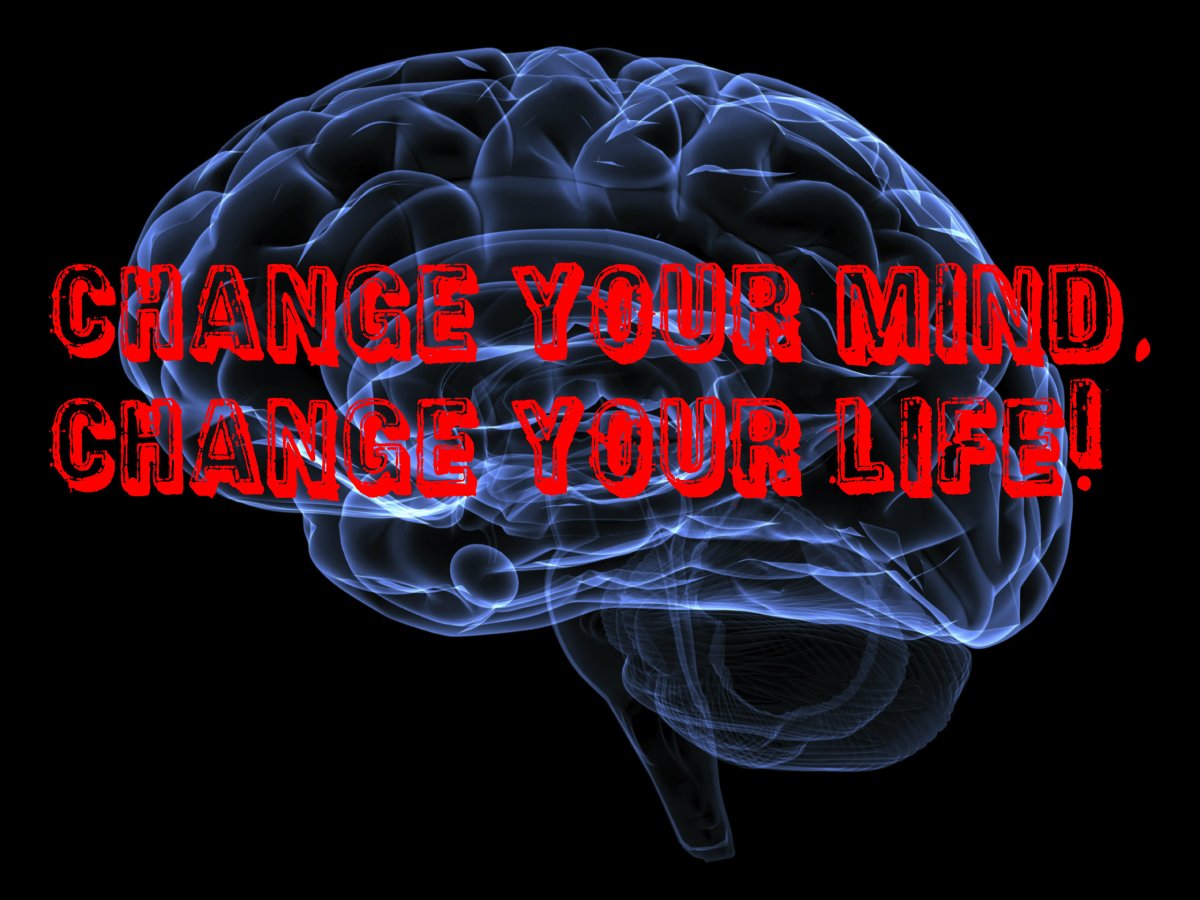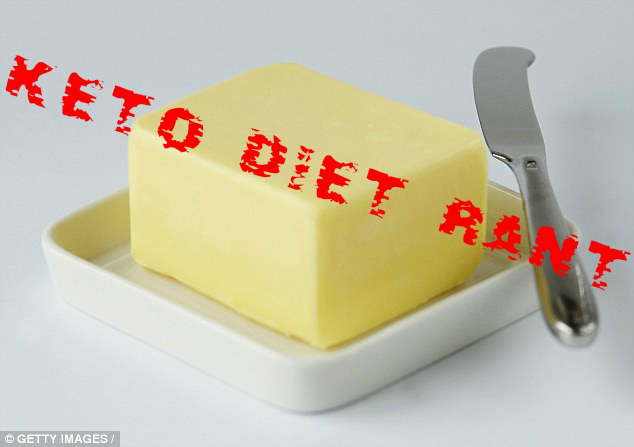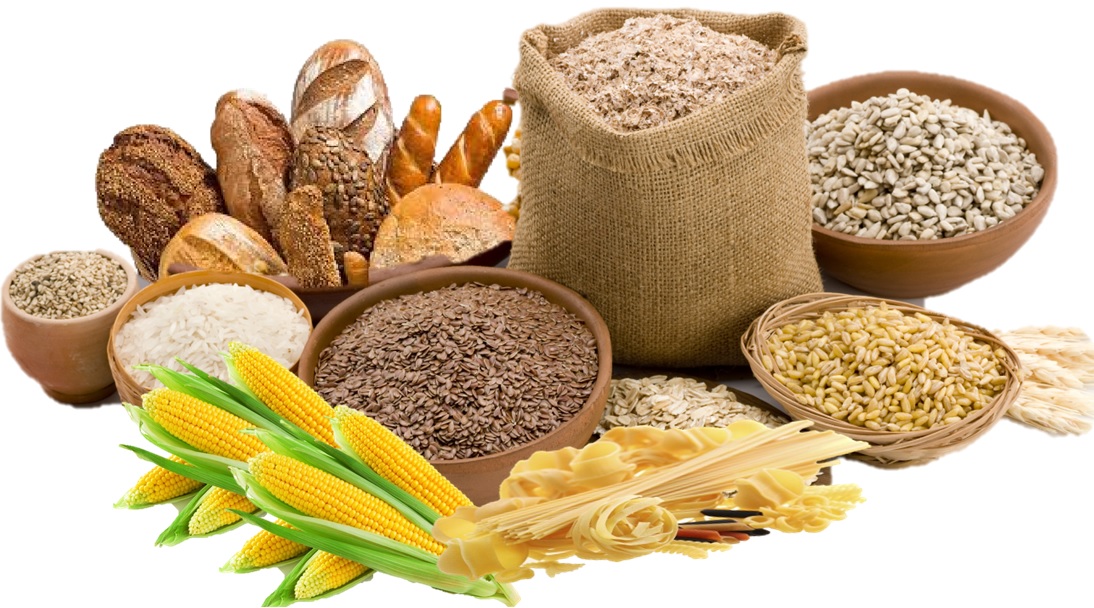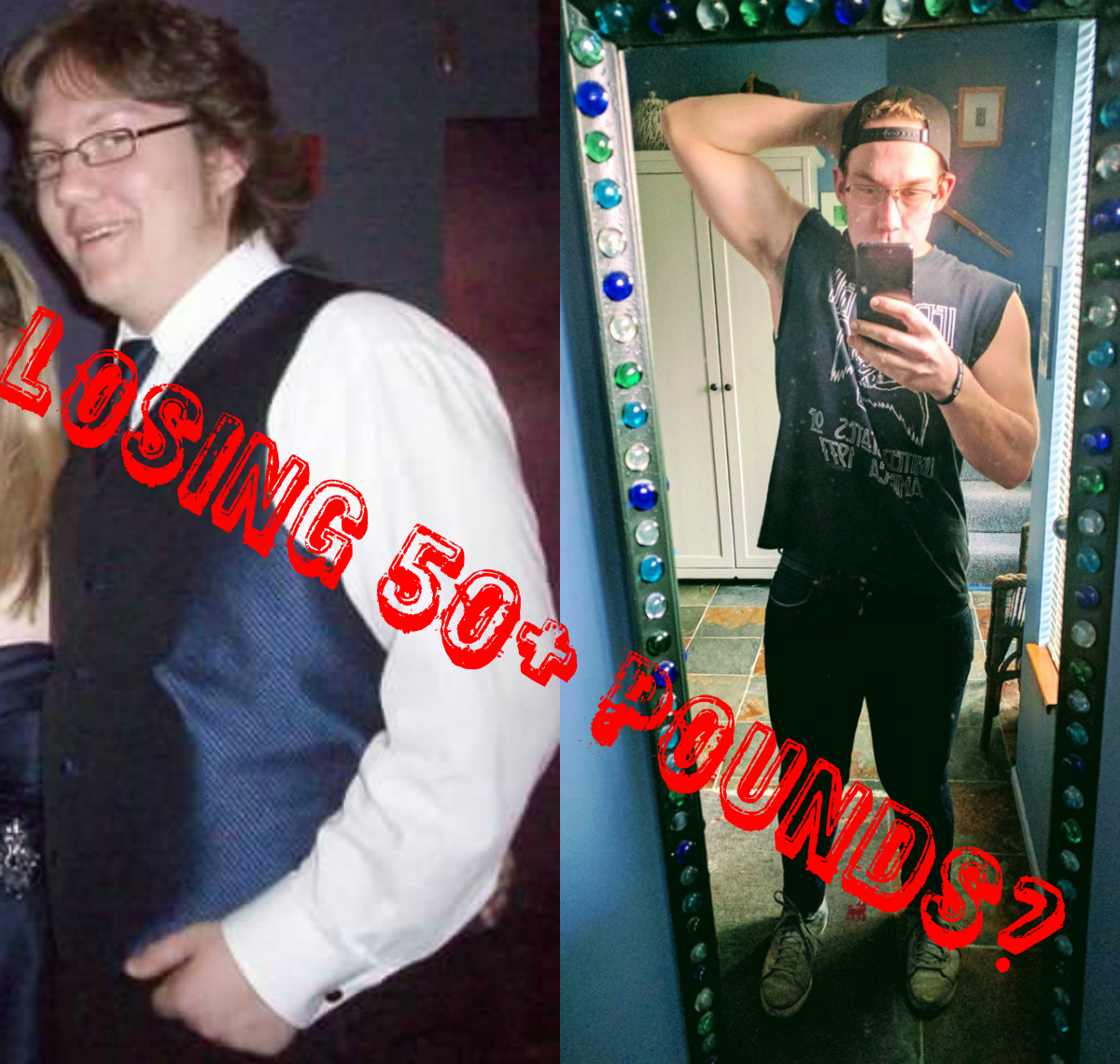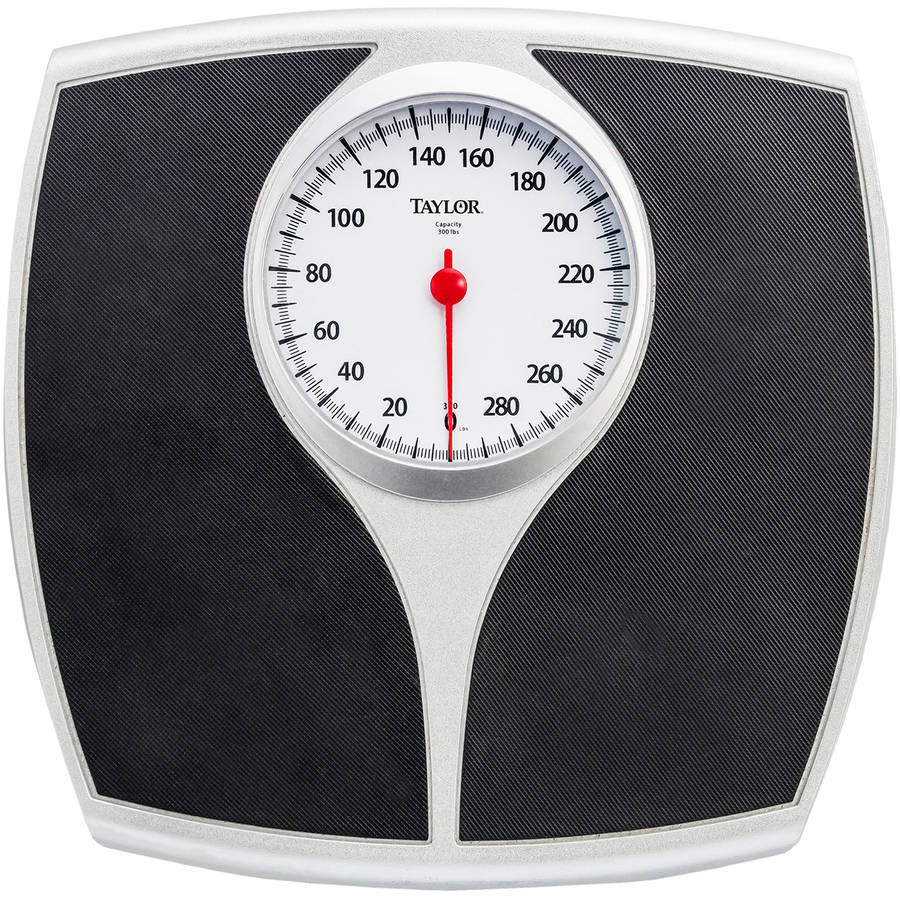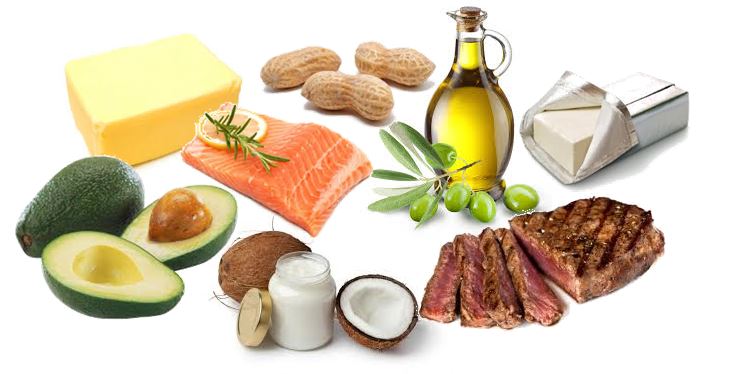What is the Best Way to Lose Weight and Keep it Off?
It’s an age old question, and if you ask 100 people, you’ll get 101 different answers. The problem partly lies in the fact that there are so many opinions, so much misinformation, and so much misguided and misunderstood research. In this post, we’re giving you the “no lies” and straightforward truth and facts about how to lose weight and more importantly, keep it off in the long term.
The Basics
Most of us have heard of the first law of thermodynamics. The simplified version is that energy cannot be made, and cannot be destroyed. Energy can only be displaced. Pretty simple, right? So you’ve got this body, and it requires energy to function. Your body uses, or “burns,” energy from the food you give it. The way we measure the energy content in food is with calories. You don’t need to know this, but a single calorie is the energy it takes to heat one gram of water to 1 degree Celsius. With me so far? So body fat, the stuff everyone wants to lose, is stored energy. It’s your body’s way of keeping you alive during periods of food scarcity, and you do need some of it to be healthy. The key though, is that it is the way your body stores energy that it has not used. Lastly, let’s touch on metabolism. Metabolism is made of four parts. We’ll go through them briefly.
Part 1: Resting Metabolic Rate (RMR): This is the amount of energy you burn in a day if you literally lay in bed and did nothing. Not even speak! This makes up the majority of the energy you burn, and it is largely genetic and unchangeable, unfortunately.
Part 2: Non-Exercise Activity Thermogenesis (NEAT): Okay, so this sounds long and scary, but all this is, is the energy you expend doing everything other than exercise and eating. This includes fidgeting, extra walking, moving around, etc. Interestingly, this has been shown to “substantively contribute to energy balance.” (1) Basically, it really adds up.
Part 3: Exercise Energy Expenditure: This is self-explanatory. This is the amount of energy you expend doing exercise. It’s often a lot less than people think.
Part 4: Thermic Effect of Food (TEF): This is the amount of energy it takes to process the foods you eat. Basically, different types of foods require a bit more energy to break down. If you’re curious, protein has the highest TEF, requiring 20-35% of the energy it contains to process it. Carbohydrates and fat are 5-15%. Overall, TEF isn’t a huge piece to the amount of energy you expend in a day, but it contributes about 10%
So there you have your entire metabolism. So far, we’ve covered thermodynamics, metabolism and body fat. Let’s go further.
How Weight Loss (Specifically, Body Fat Loss) Works
Remember how we said that body fat is basically your body’s stored energy? Well, in order to lose that stored energy we must expend more energy overall than we take in. This is known as energy balance. Right it down, star it, tattoo it on your hand. Energy balance dictates net fat loss and gain over time. This is an aspect of human physiology that is hardly up for debate. You could try, but you would be unsuccessful. So in order to lose body fat, you must be in a negative energy balance, meaning the amount of energy you’ve taken in is less than the energy you’ve expended. Conversely, weigh gain functions exactly the same way, just the reverse.
Troubleshooting Bad Thinking
So you might hear people respond to this and say “Well my friend eats whatever she wants and doesn’t gain weight, but I look at a cookie and I gain like 10 pounds, so obviously it’s not about calories.” Unfortunately, this reasoning is flawed. Everyone’s metabolism varies massively, so everyone uses a unique amount of energy in a day, and therefore has unique energy requirements.
Is a Calorie a Calorie?
You’ll hear people argue about this, and it’s probably the most important question to solve. Here’s the thing: In terms of a measurement, a calorie literally is a calorie. One unit of energy is exactly equal to another unit of energy. X=X, a=a, and so on. BUT: Different calories do different things in your body. Now, studies repeatedly show that when you control for all necessary variables, the diet does not matter, rather total energy balance matters. So 1,000 calories of Coca Cola is exactly the same as 1,000 calories from Broccoli, but the huge difference is that Broccoli is highly nutritious, and eating 1,000 calories of it would be almost impossible in one sitting. So how do different foods affect your body? Well basically, highly processed and refined foods spike blood sugar, probably will increase cravings, increase inflammation and have no nutrition. The result is you’re tired, hungry and craving, so you eat more. But again, this doesn’t mean that calories don’t matter, it means that the type of calories can influence your eating habits.
So How do I Actually Lose Body Fat and Keep it Off?
Let’s be blunt: If you want to lose 10 pounds and lose it fast, you’re set up to fail. If you do not make a commitment to the rest of your life, you will fail. The single factor that will determine your success with body fat loss long term is how well you can sustain what you’re doing. Whatever you do to lose weight must be kept up to maintain the weight loss. So if you stop eating and do 2 hours of cardio everyday, you’re going to lose tons of body fat! But then you’ll start starving, crash, and binge, because you can’t keep that up. So the solution is to develop a reasonable and sane nutrition and exercise program that you can actually stick to. So let’s get to how you actually lose body fat, the proper, reasonable and sane way.
Step 1: Estimate how much you need every day to maintain your weight.
Step 2: Subtract 500 calories from that number.
Step 3: Log your food intake and make sure to hit that target calorie number every day.
Step 4: Weight yourself daily or weekly and write it down, and calculate the weekly average.
Step 5: Evaluate progress and make changes.
Let’s describe how to do each one of those steps.
How to Step 1: Use a tool like this to estimate your daily caloric needs. Note that this is useless unless you’re honest with yourself!
How to Step 2: Use your brain. Do math.
How to Step 3: Get two things (these aren’t necessary unless you want this to be really, really, really hard.)
Thing one: A digital food scale. Pretty simple. Just get a digital food scale.
Thing two: A calorie tracking app like Myfitnesspal, Cronometer or Evolve.
How to step 3 Continued: When you eat, just be sure to track it in whatever app you’re using. Accuracy is really important, because any errors can add up significantly over the day.
How to Step 4: Scales are easy to use, you’ll figure it out.
How to Step 5: If you’re losing more than 2.5 or so pounds a week, it’s probably a good idea to increase your calories very slightly, by 150 or so. If you’re losing less than 1 pound on average per week, decrease your intake by 150 or so calories. Take it slow, and don’t expect immediate results. It you lose two pounds a week, it would still take you 25 weeks to lose 50 pounds. It’s a process.
What Should I Eat?
A good starting place is to use a tool like this to estimate how much protein, carbs and fat you should eat (those are called macronutrients, and every food is made up of a combination of those). Generally, start by eating as much real, whole foods as possible, and work in treats and tasty things where you want to, as long as these treats don’t “trigger” you to go on an eating rampage. Again, it doesn’t matter what you eat, it matters how much. However, you should still try to be healthy, and eat nutritious food.
There’s more to cover and lots more to learn about. But, this should be good enough to get you started. Thanks for reading, and best of luck.
BM.

